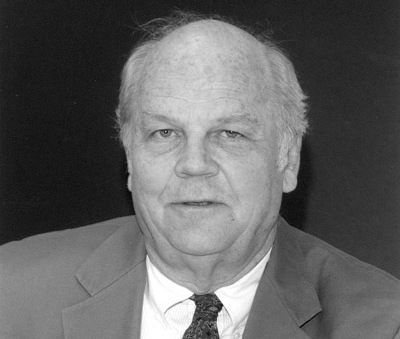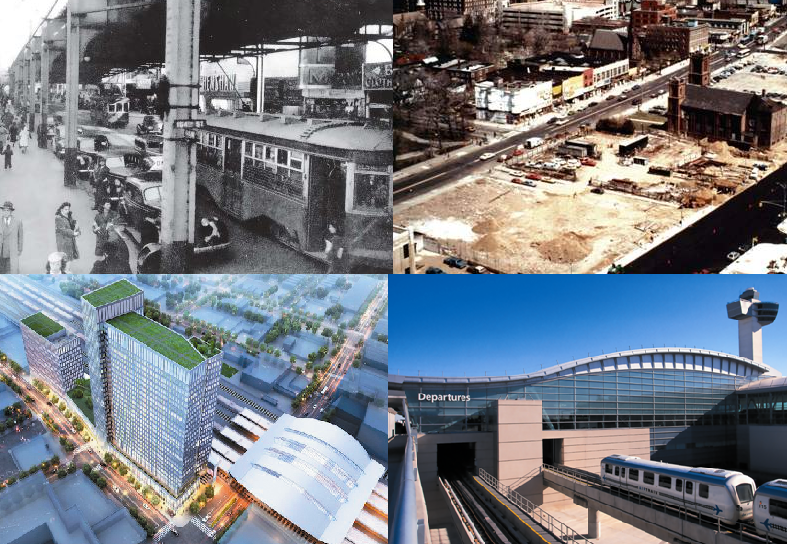When F. Carlisle Towery first took the helm as president of the Greater Jamaica Development Corporation (GJDC) in 1971, he knew a major challenge was coming.
The area was heading into the “disinvestment decade,” and downtown Jamaica’s anchoring department store giants were fleeing the area.
Towery and the GJDC fought to keep the chains, but Macy’s departed in 1978 after its lease expired to build a bigger store in a mall. Gertz exited the area in 1981 after its lease expired and Mays, which owned its building, closed its doors a few years later as well.
“We had some real serious economic trauma, because those are anchors and when they leave, lots of small stores follow,” Towery said. “Back then downtowns were going out of style and everyone was moving to malls. I’ve often said Jamaica was mall-ed.”
Now, Jamaica has transformed into one of the most attractive options for developers in New York. The downtown is buzzing with private development — and Towery is finally retiring after 43 years.

“I’m very comfortable and pleased,” Towery said. “It’s a great thing to look back at all these partnerships and gratitude. And more importantly I’m not leaving where I’ve got nostalgia to consume. I’m looking forward as the table is set.”
From 1978 to 1996, private investment in Jamaica totaled just $17 million. Compare that with the $364 million that has been invested in the last three years, and it’s clear how just far the neighborhood has come since 1971.
Back then, not only the stores, but also The Long Island Daily Press closed, and two banks headquartered in the area also moved to Long Island, Towery said.
Towery credits a number of strong public initiatives in Jamaica in the past few decades with leading to the rebuilding of the downtown.
Over the years, the GJDC persistently advocated what he calls “pre-developments” through seven mayors and eight governors, dating back to John Lindsay and Nelson Rockefeller, and the federal government to attract more private investment.
This includes removing the Jamaica Avenue El and extending the subway to Parsons Boulevard, which created the transportation hub of the current downtown, and moving York College into the neighborhood instead of alternative sites.
The GJDC supported building the new regional headquarters for the U.S. Social Security Administration and U.S. Food and Drug Administration, two federal entities that brought jobs into Jamaica, and creating the business improvement districts in the downtown to focus on the growth of local stores and companies.
The nonprofit also advocated for the AirTrain from John F. Kennedy International Airport in 2003, which further expanded Jamaica’s transportation hub.
Towery believes that what Jamaica is missing is more housing developments, as the GJDC worked for decades to make the area more attractive through non-housing initiates.
And because of the rapid growth of the AirTrain, which had 4.3 million riders from Jamaica last year compared to 1.1 million a decade ago, he said Jamaica should build more hotels, too.
That’s where he expects developers to focus with new projects, and he plans to “stay tuned” to the future.
RECOMMENDED STORIES
- Select Bus Service lanes to speed up travel along Woodhaven Boulevard
- Urban Market opens in Long Island City
- Bayside’s small businesses tell film industry to take five





































